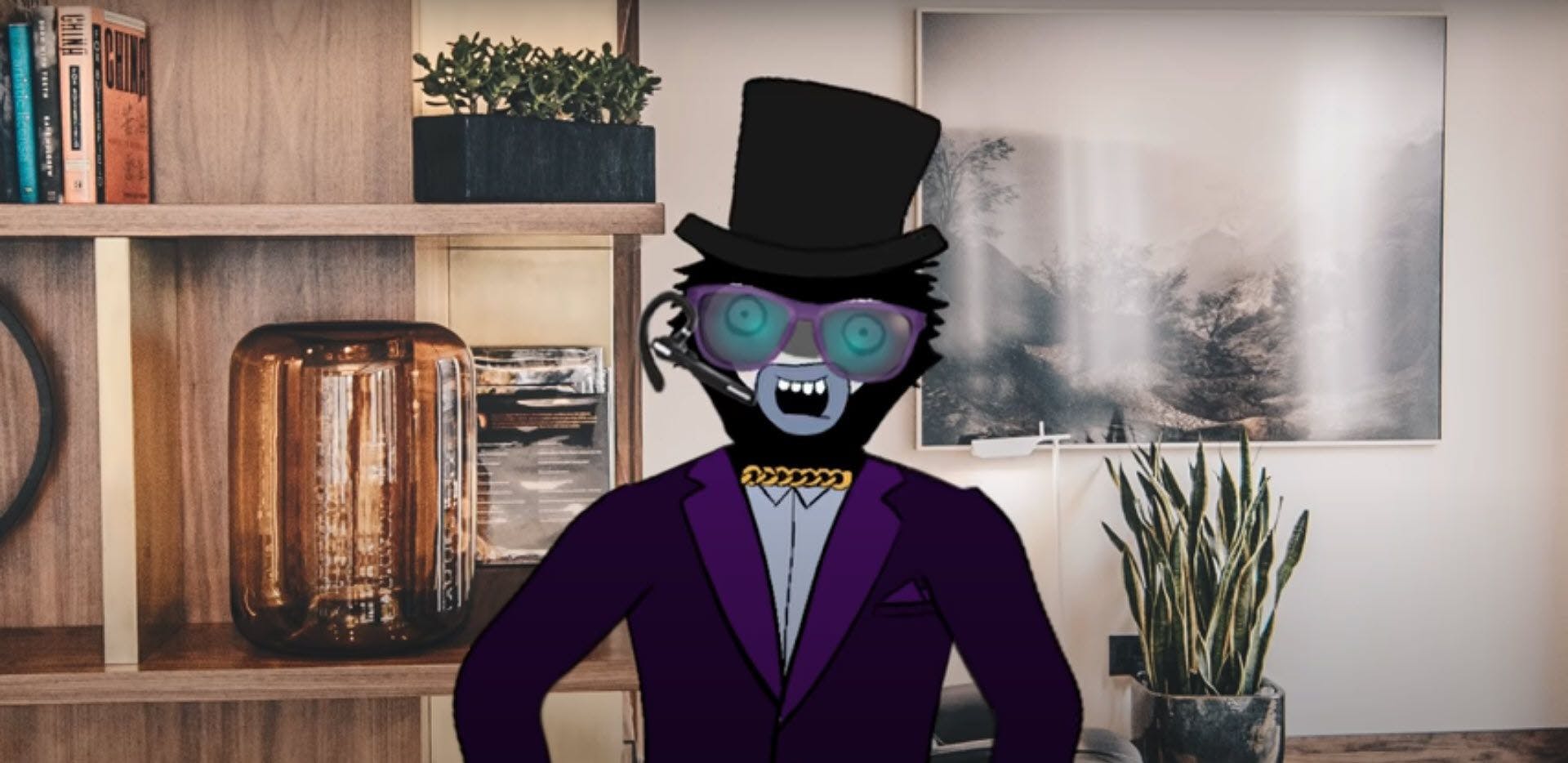1,911 reads
ThoughtSlime on Why All NFTs are a Scam
by
November 25th, 2021
Audio Presented by
Writer/producer-gaming, tech, web culture, fintech, crypto, & nerd lore #benzinga #hackernoon #roxomtv #btc #depin #rwas #AI
About Author
Writer/producer-gaming, tech, web culture, fintech, crypto, & nerd lore #benzinga #hackernoon #roxomtv #btc #depin #rwas #AI
